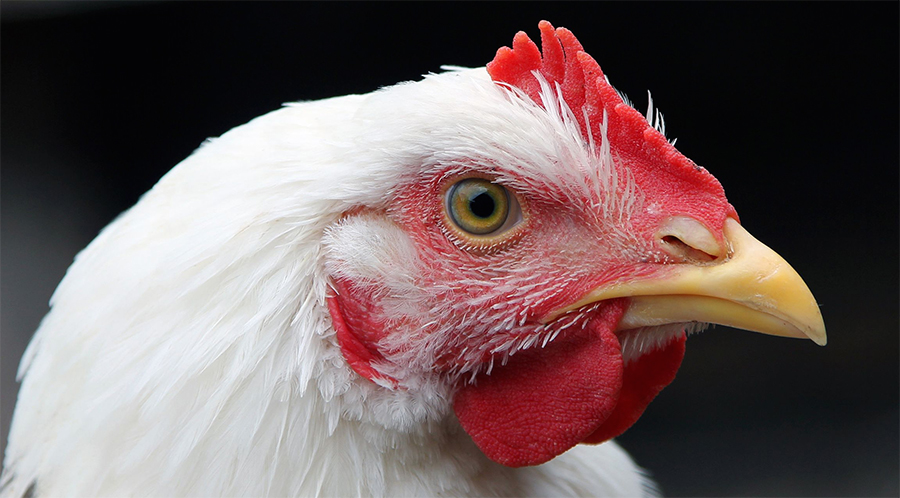
ForFarmers has launched a trial together with the Department of Entomology at Wageningen University in the Netherlands, to explore the impacts of live insects as a source of protein in the broilers’ diet.
Leon Marchal, Nutrition & Innovation Director at ForFarmers commented, “The most important research question is whether the chicks are growing healthily and at a sufficient rate in comparison to a traditional diet. We also want to look at whether the broilers’ natural behaviour will improve as a result of the addition of live insects. If this project proves to be a success, it will be an important step towards further sustainability within the industry.”
The trial is being conducted at ForFarmers’ experimental farm in Nijkerk, Netherlands, where a total of 1000 chicks are being fed in four different groups. A control group will be given a traditional diet, while the remaining three will be given 5%, 10% or 15% respectively of black soldier fly larvae. The high protein content of these larvae replaces up to 75% of a protein like soya.
“The larvae from this species are truly omnivorous and are relatively easy to grow”, according to Albert Dijkslag, Poultry Innovation Manager at ForFarmers. “This will also result in profit for the farmer and increase sustainability. These larvae are grown on residual flows from the food industry. These residual flows and the protein within these would otherwise end up in biomass (fuel), however now they are available as feed. And if the trial proves successful, we will have found an alternative source of protein.”
Natural nutrition and behaviour
The trial with the broilers started last week. The initial results are expected in September. The various different parties involved think it will be some time before the large scale supplementing of diets with live insects can be introduced in practice.
“The application is currently quite expensive. But it’s definitely a good first step and mind-set. If we see positive results, we will continue with the further optimisation and development of the trial,” Dijkslag explained. Marchal added, “The nice thing here is that chickens in the wild are naturally omnivorous and insects would feature as part of their diet, the outcome of the project therefore could be to help birds further express their natural behavior.”
ForFarmers wants to be a leader in sustainability, given its position in the food chain. ForFarmers is providing a contribution to an economically viable and sustainable food production by efficiently producing animal feeds and developing products and concepts which allow the animals to utilise the food in a healthier and better way (improved feeding efficiency). This trial with live insects indicates ForFarmers is really giving substance to its sustainability ambition.
